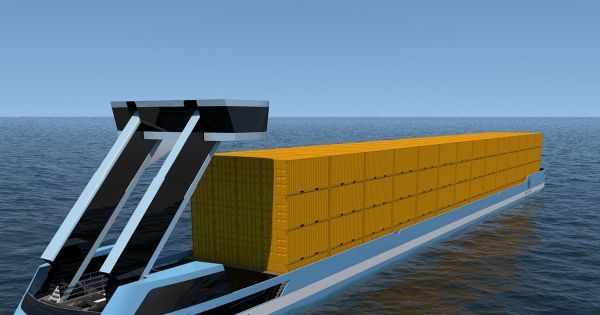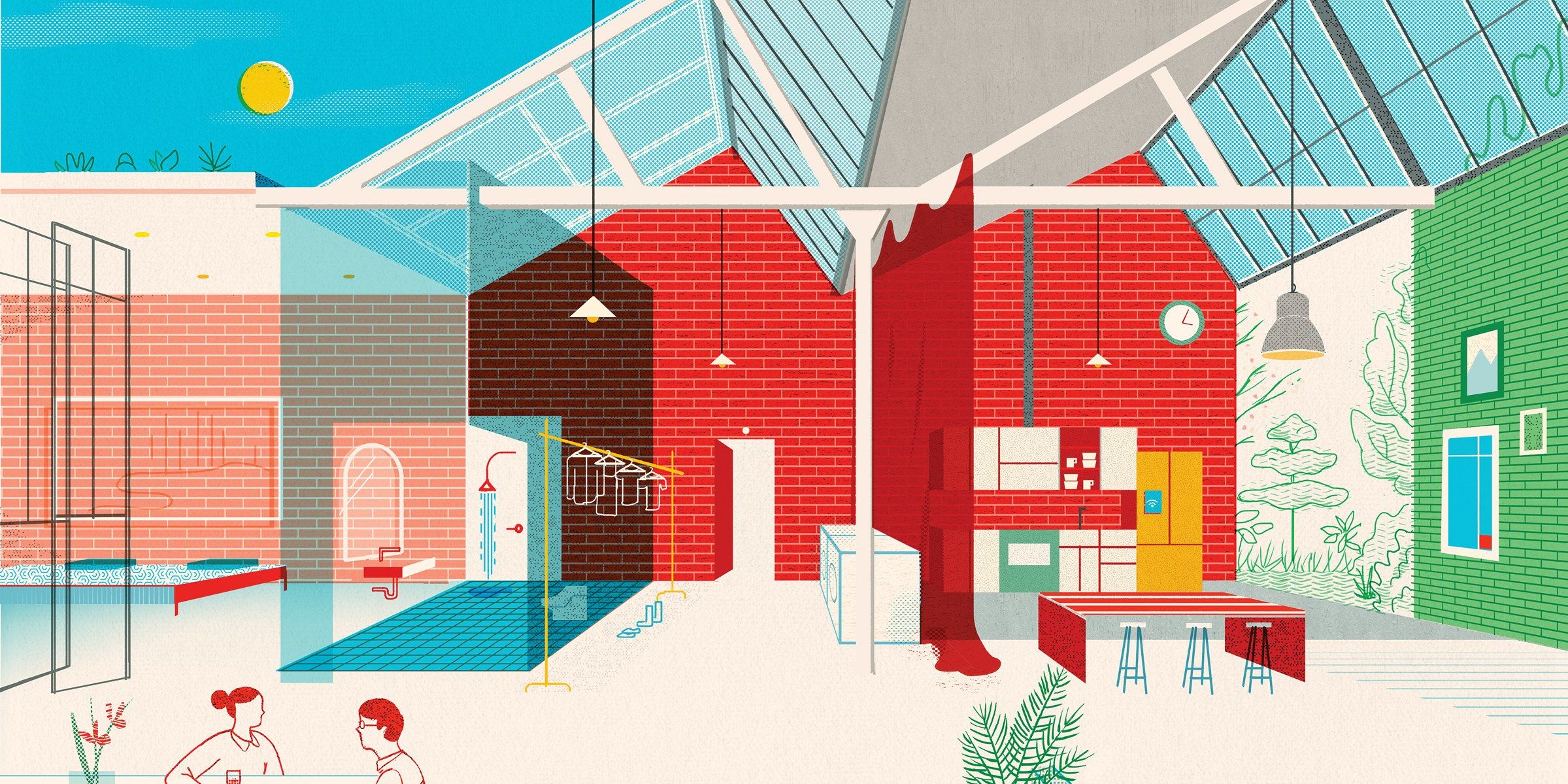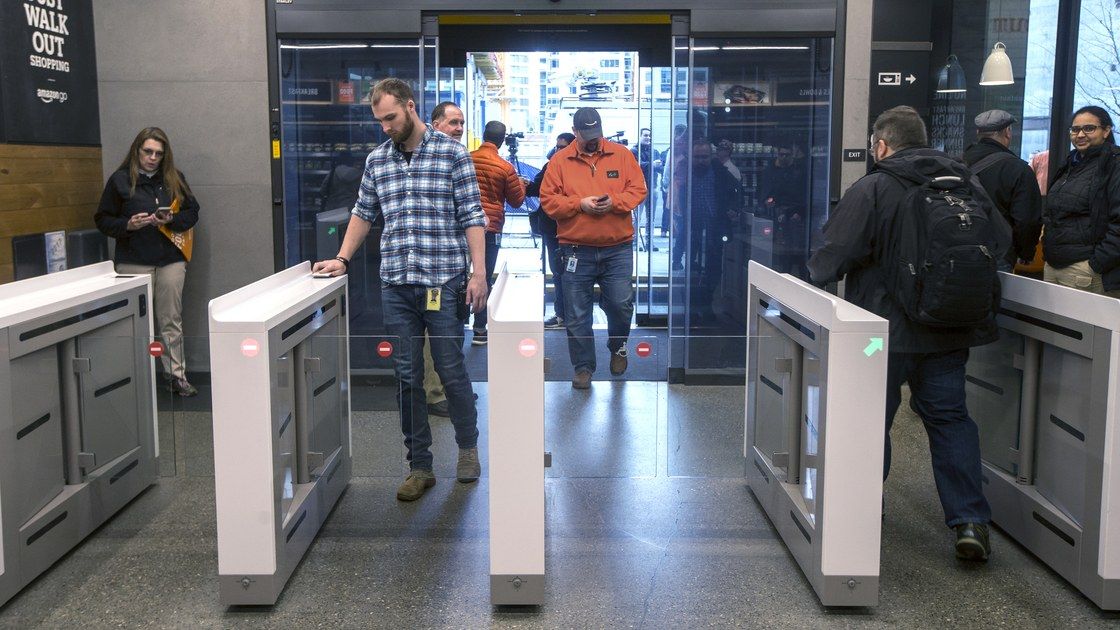As artificial intelligence advances at an unprecedented pace, we tend to see its arrival in emotional terms — usually, either excitement or fear. But Noumena, a collective of designers, engineers and architects, is looking at AI and robots more practically. What form will they take, how will they survive and develop, and where will they live? It aims to explore those idea with an exhibition entitled “Robotic Habitats.”
Noumena’s project assumes that deep learning systems will grow out of their narrow Go-playing abilities and soon match humans at many, if not most, tasks. While that would put them on par with us, it doesn’t mean they would live the same way, though. “Society will need to develop a framework for both to thrive,” explains Neumena on its website. “A new form of artificial life will emerge, finding space at the peripheries of humanity in order to not compete for human-dominated resources.”




